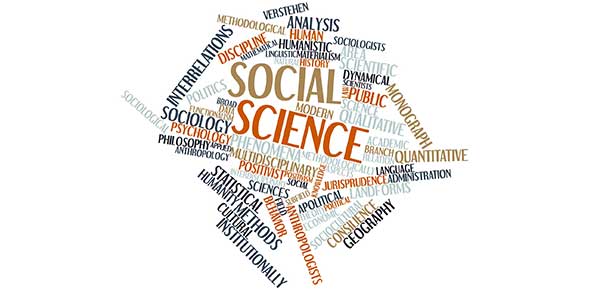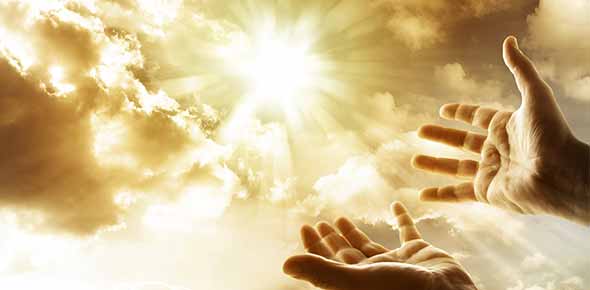Related Flashcards
Related Topics
Cards In This Set
| Front | Back |
|
The process that sociologists say causes people
to become what they are in terms of their beliefs, their occupation, how they
relate to one another, their socioeconomic status, and so forth is called
|
Socialization
|
|
The kind of norms that are so important for the
wellbeing of society that they are often made into laws so that people have to
follow them are called
|
Mores
|
|
An understanding of the sentencing differences
between people arrested with crack cocaine versus powder cocaine that concludes
the basis for the difference is that white, middle-class people are arrested
for using powder cocaine and black, lower-class people are arrested for using
crack cocaine is based on
|
The conflict paradigm
|
|
The primary source for the values and norms that
we follow in the United States is
|
John Calvin
|
|
) Mary Johnson studied hard and graduated at top
of her class in high school, went to CU where she earned a 3.91 GPA, and
finally worked to get her PhD in sociology which enabled her to get a high
paying job as the Vice President for Research and Development for a Fortune 500
Corporation, a title that reflects her
|
Achieved status
|
|
Mary Johnson finds that she has to attend a
planning meeting at her company next Thursday at 6:00 PM, the time that she is
supposed to meet with her son’s teacher for the annual parent/teacher
conference. Mary is experiencing
|
Role conflict
|
|
According to the film “Killing Us Softly 3,” the
institution of society that acts as the mirror or looking glass for people in
providing us with the images we feel we must emulate or live up to is
|
The media
|
|
T or F.
One of the points Jean Kilbourne makes in “Killing Us Softly 3” is that
if an eating disorder can be defined as any disordered attitude toward eating
or ones appetite, it is a problem which four out of five young women in the
United States are afflicted
|
True
|
|
One of the consequences of considering deviance
as being equated to evil or sin is
|
Putting social control
in the hands of the church
|
|
According to Cesar Beccaria and the Classical
School, the main reason we punish people is
|
To deter deviance or
crime from happening
|
|
Both Cesar Lombroso and Enrique Ferri divided
criminals into different groups defined by the characteristics of the
offenders, a process they thought was necessary in order to
|
Enable the proper rehabilitation of different
types of offenders
|
|
The major problem we have in dealing with
criminals who are classified as sociopathic is that they have a lack of empathy
which
|
Makes rehabilitation difficult if not impossible
|
|
According to the strain theory Social
Disorganization or Anomie I, the cause of crime in poor neighborhoods is a
combination of poor, disorganized living conditions and
|
A sense of
normlessness
|
|
The underlying assumption of control theory is that
|
People are born bad
or amoral
|
|
According to Frank Tannenbaum’s labeling ideas,
the idea of looking at children as either being in a delinquent group or in a
nondelinquent group, that is either being in good or bad group, is
|
A dualistic fallacy
|






